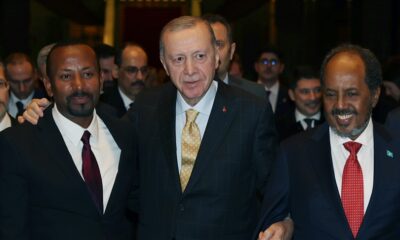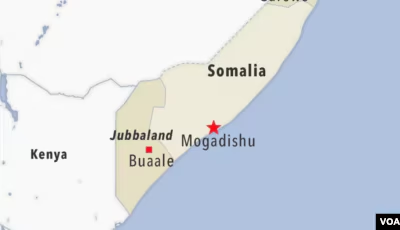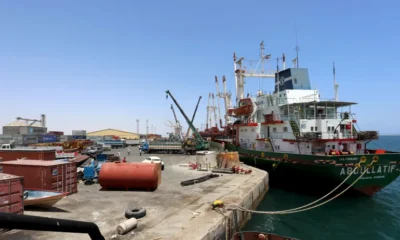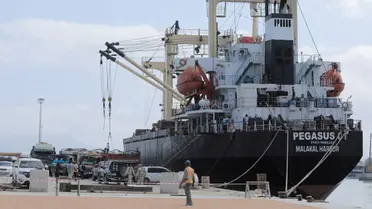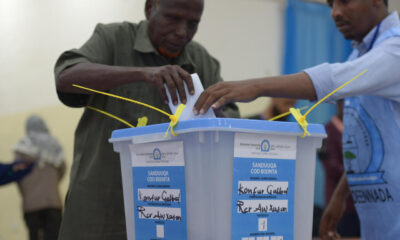After a decade-long process of negotiations and reforms with creditors, Somalia has finally secured a $4.5 billion debt write-off from global lenders as the enhanced Heavily Indebted Poor Countries (HIPC) Initiative has spared the nation from repaying its debt.
The World Bank reports that the country’s debt has significantly decreased from a peak of $5.2 billion to $600 million as a result of the action taken by multilateral and bilateral lenders, including the International Monetary Fund (IMF).
Commercial creditors have contributed $3 billion towards the debt relief, with multilateral creditors contributing $573.1 million, the World Bank’s International Development Association contributing $448.5 million, the IMF contributing $343.2 million, and the African Development Fund contributing $131 million.
Following the Bretton Woods institutions’y boards’ approval process, a historic announcement regarding Somalia’s debt forgiveness is scheduled to take place in Washington DC on December 13.
HIPC completion points were reached by 37 nations, with Somalia following suit after Zimbabwe and Sudan were left behind. Under the leadership of the current president, Hassan Sheikh Mohamud, Somalia began holding HIPC talks ten years ago, and the nation has continued on the reform path despite political obstacles.
Kristina Svensson, the country manager for Somalia at the World Bank, praised Mogadishu for its “remarkable” commitment to reform last week.
“There have been a lot of political challenges within Somalia, but this thing (principles of HIPC), has held it quite high,” she said.
“This is satisfactory for them (Somalia) to achieve debt relief,” said Ms. Svensson. “Both the World Bank and IMF as well as other international partners, have been essential to providing technical assistance to support the achievement of these triggers.”
Over the past few weeks, Somalia has achieved huge milestones in its efforts towards socioeconomic and political liberation. It recently joined regional bloc, East Africa Community (EAC), as it seeks strategic partnerships with neighbours.


 Tech2 days ago
Tech2 days ago
 Metro2 days ago
Metro2 days ago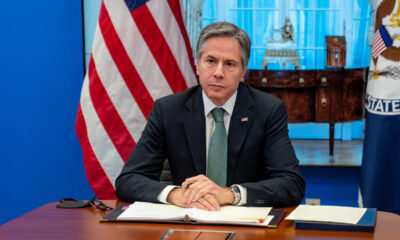
 Musings From Abroad1 day ago
Musings From Abroad1 day ago

